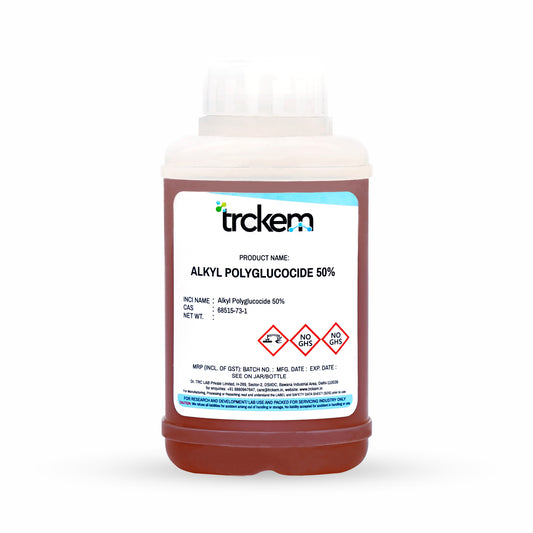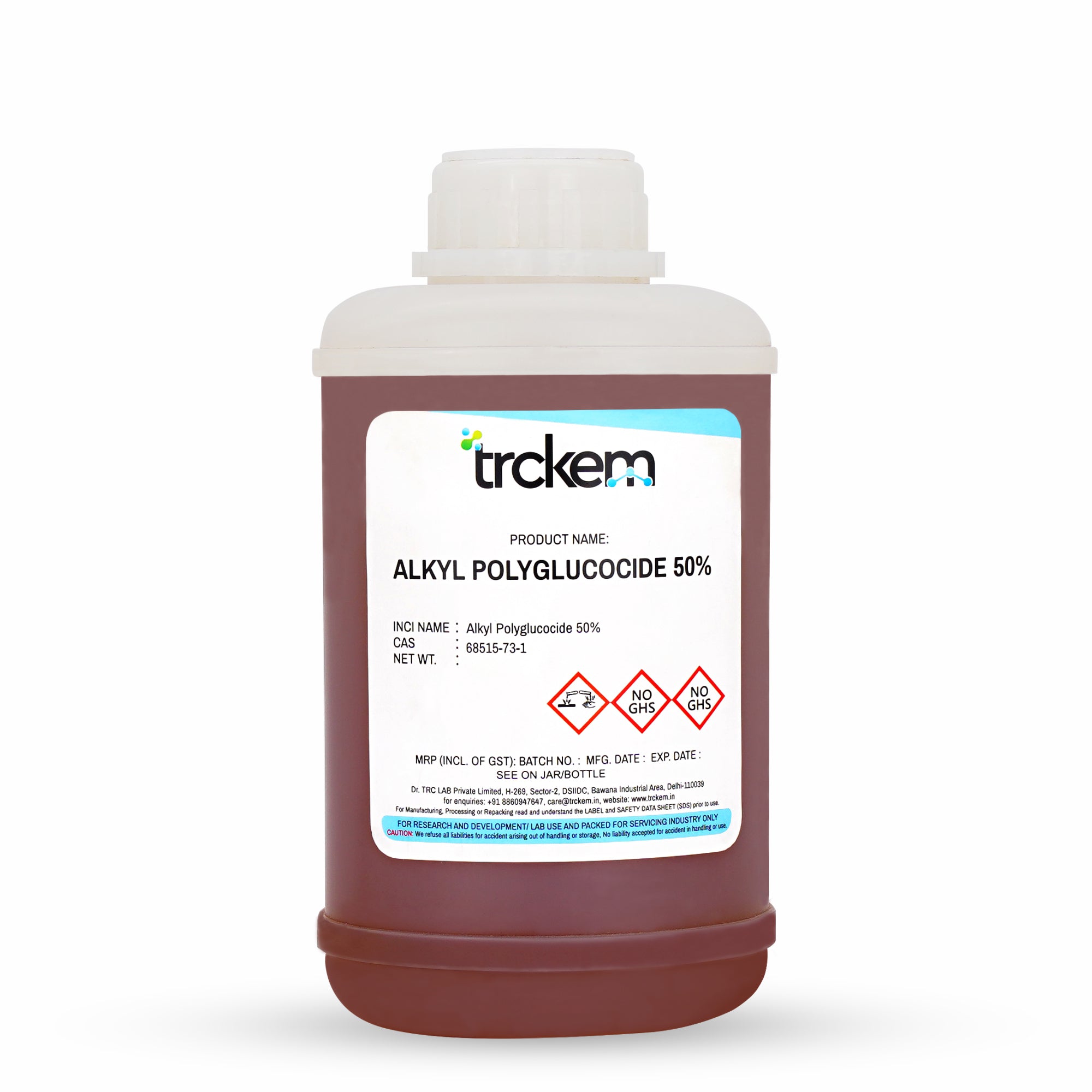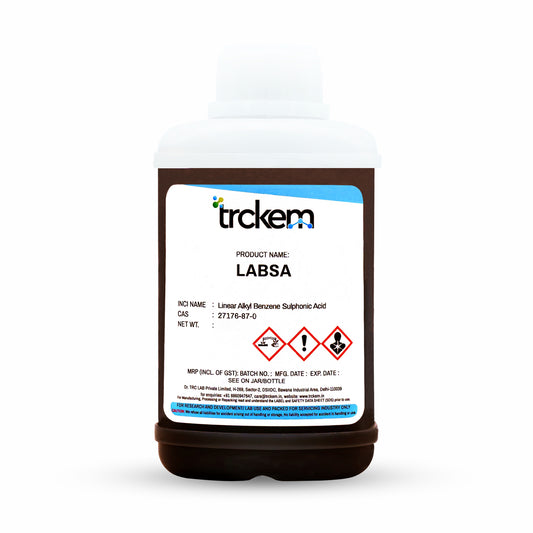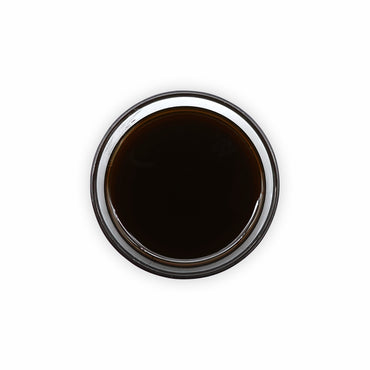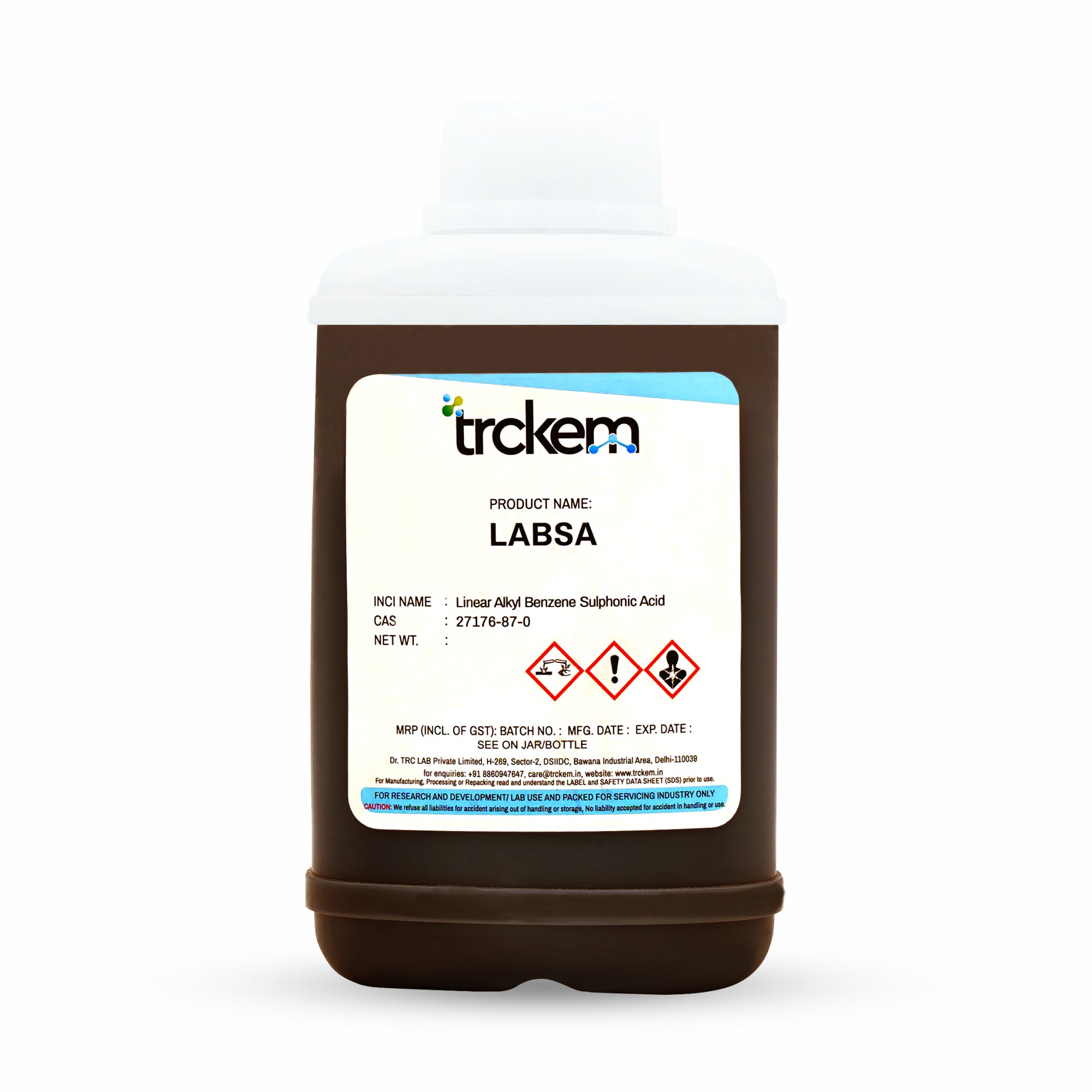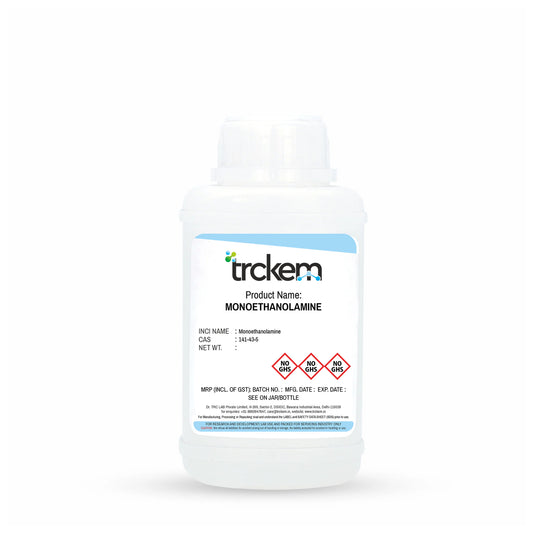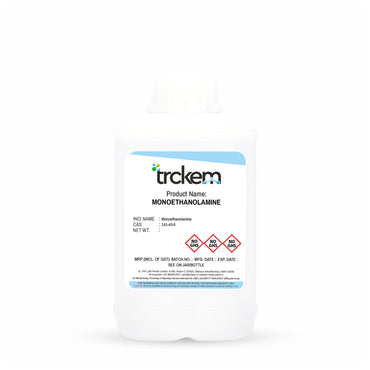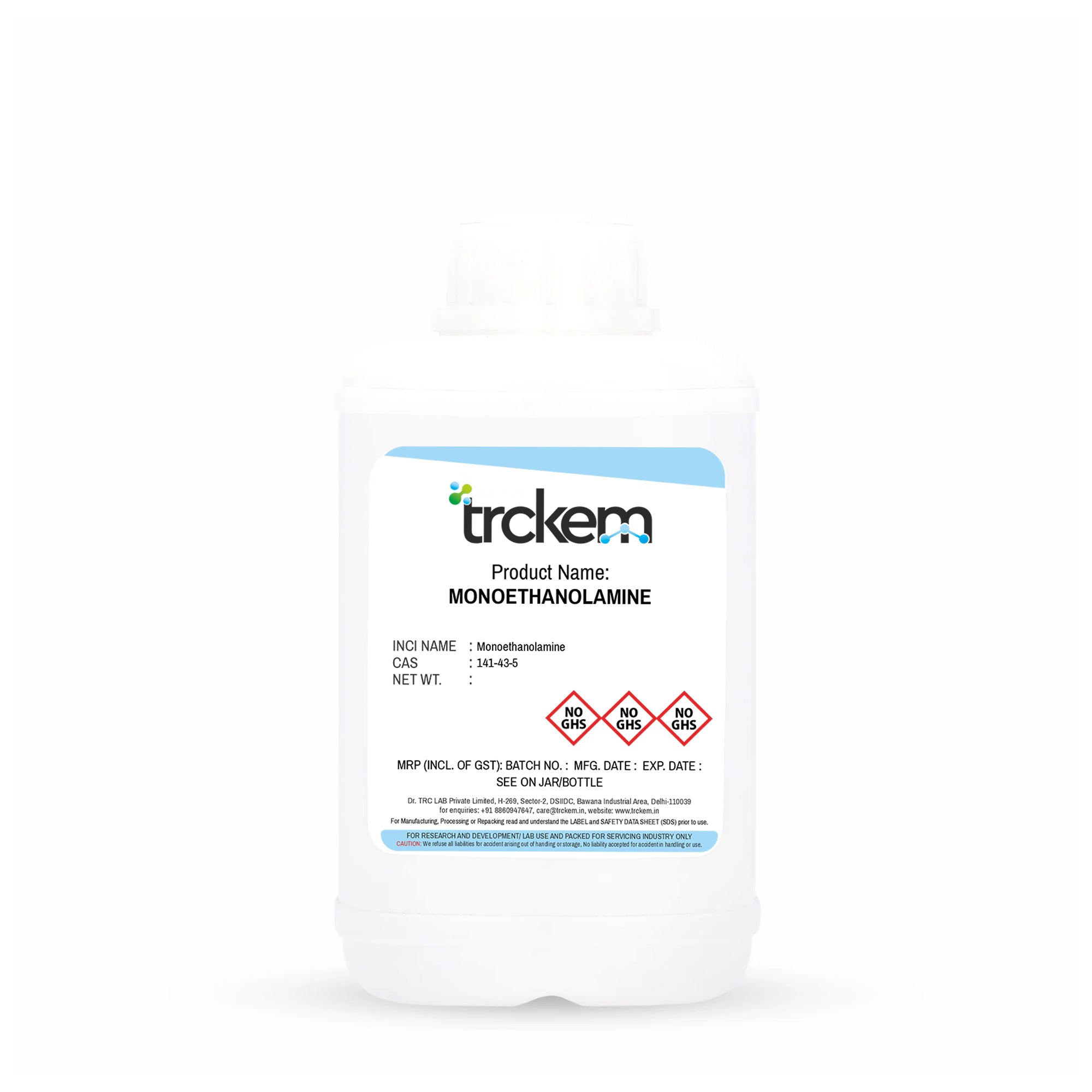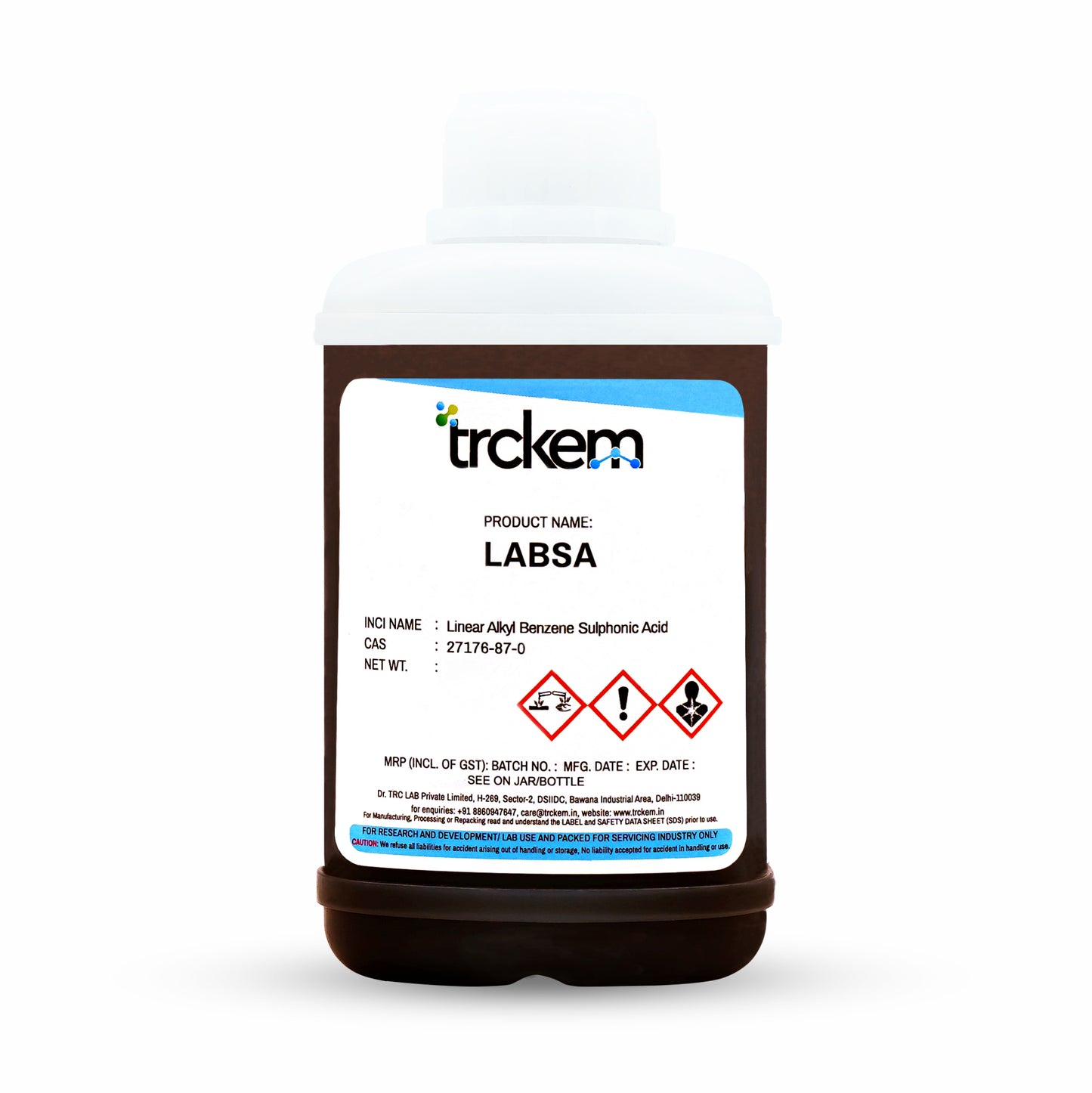
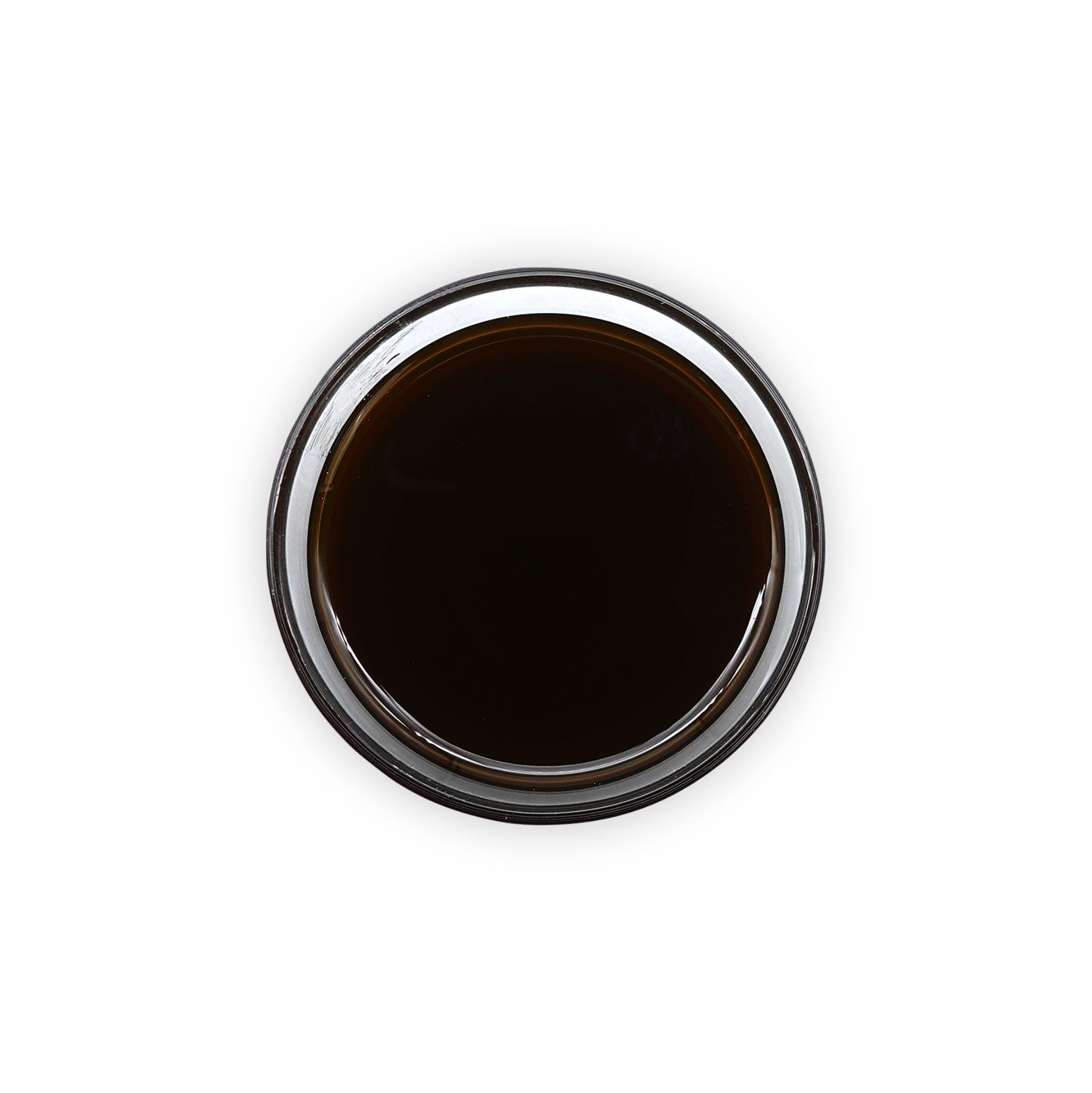
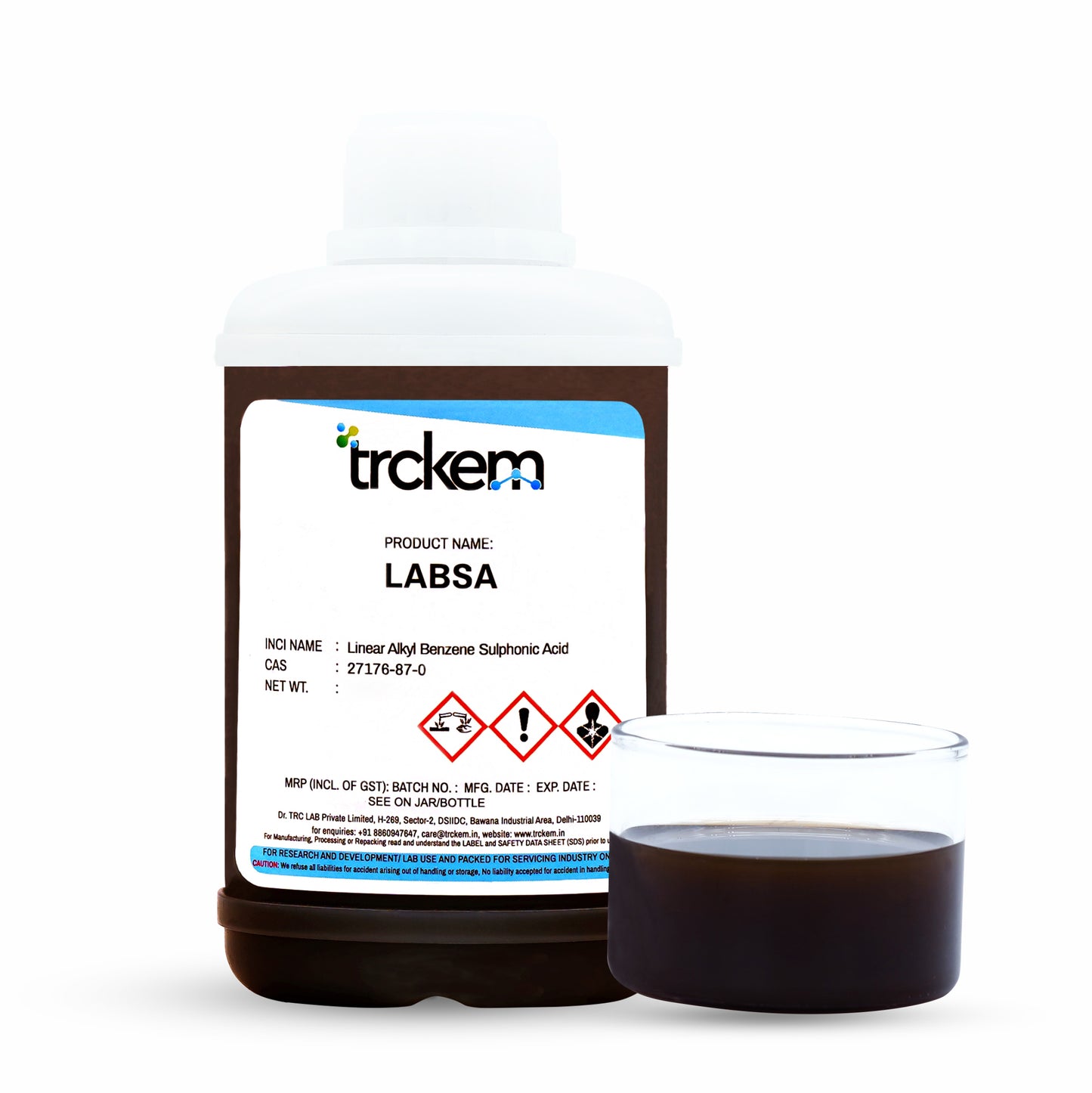
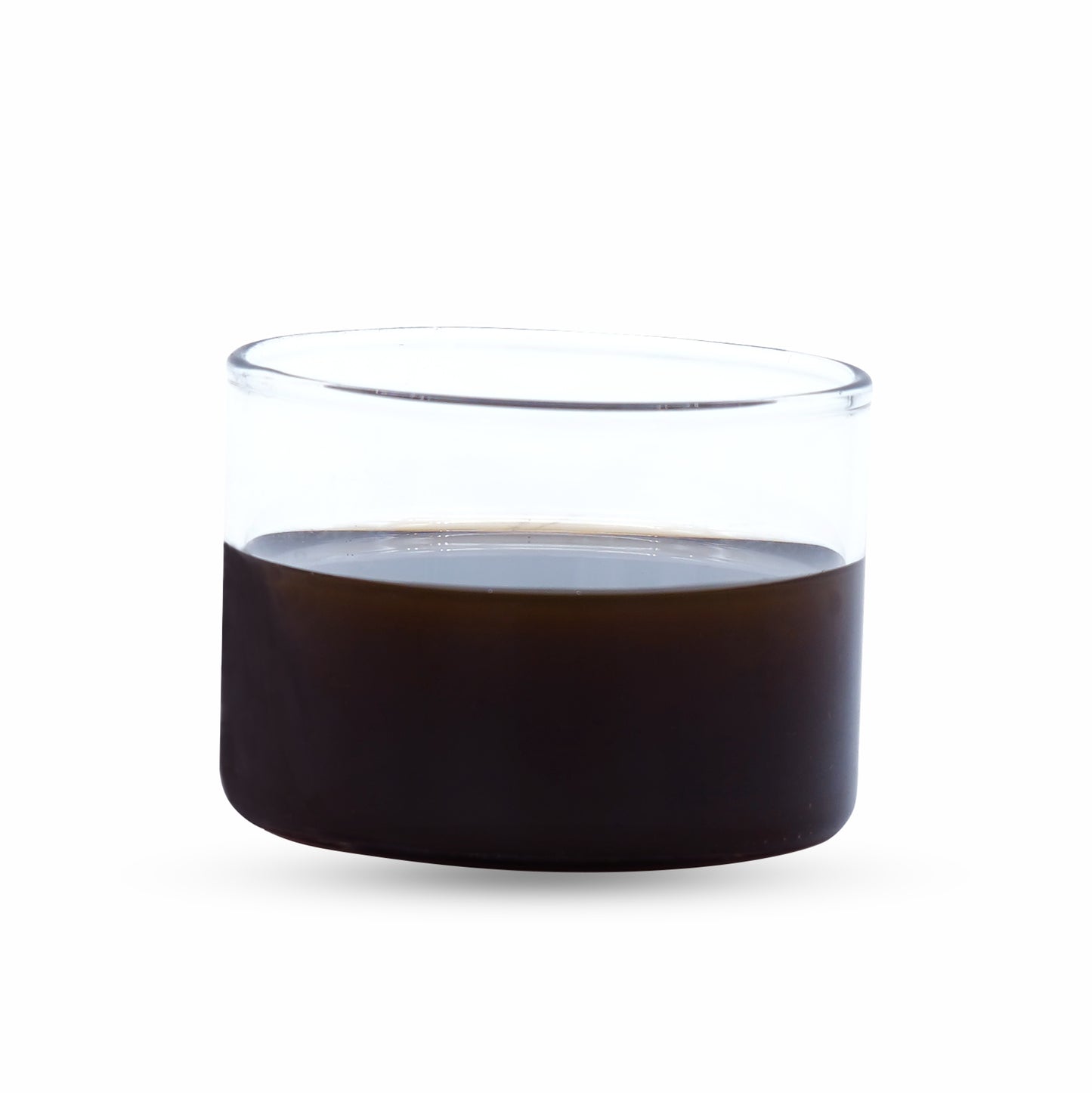
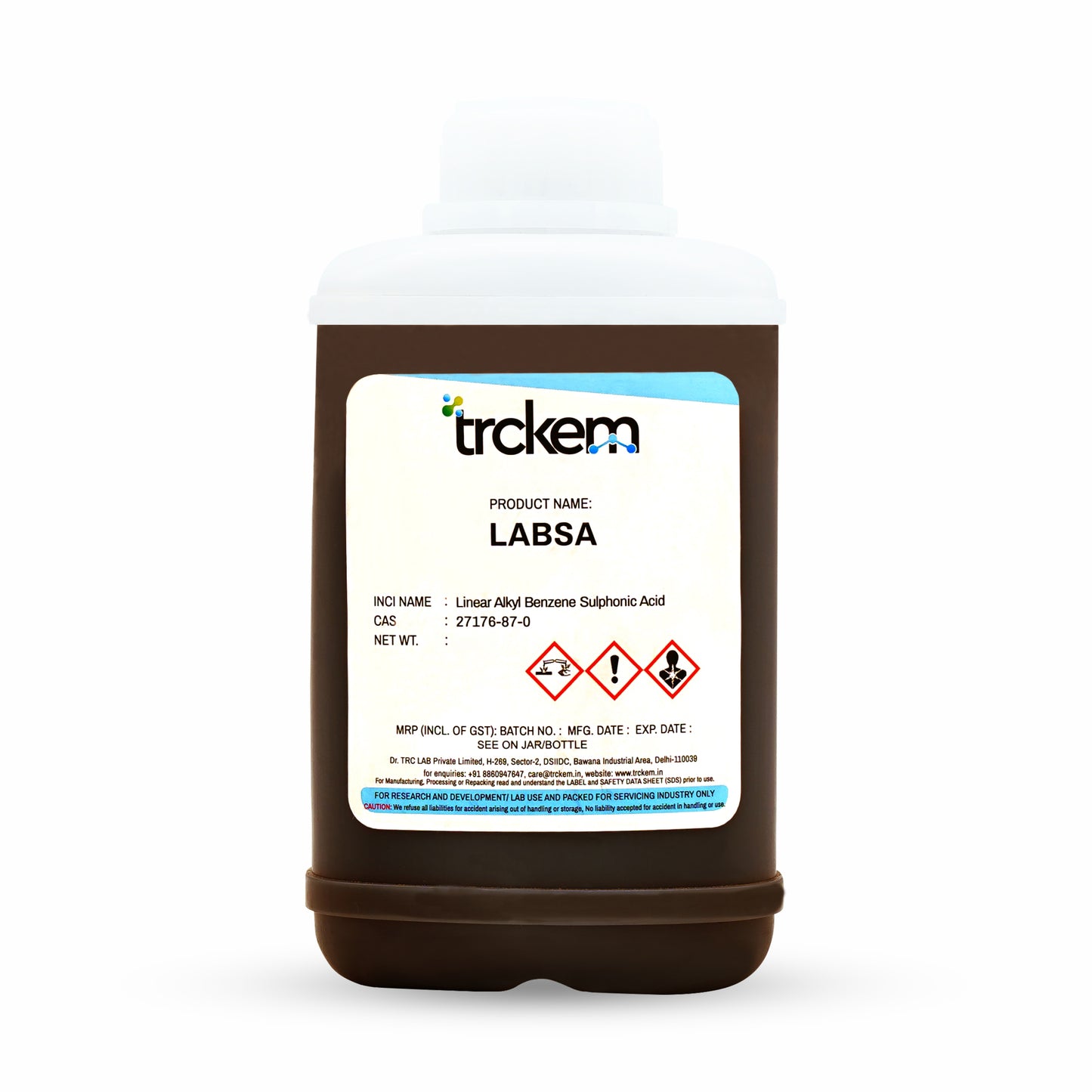
THE STORY OF LINEAR ALKYL BENZENE SULPHONIC ACID (LABSA)

LABSA: The High-Strength Surfactant Backbone for Powerful Cleaning Systems
LABSA (Linear Alkyl Benzene Sulphonic Acid) is a highly effective anionic surfactant widely used in detergent, cleaning, and industrial formulations.
With excellent foaming, emulsifying, and cleaning strength, LABSA is the primary raw material in liquid detergents, dishwash liquids, laundry formulations, and household cleaners.

Produced from Linear Alkyl Benzene for Maximum Detergency Power
LABSA is produced by sulfonating Linear Alkyl Benzene (LAB) using sulfur trioxide or oleum.
The result is a highly active anionic surfactant with:
• Strong foaming capability
• Excellent grease-cutting performance
• High biodegradability
• Superior emulsification properties
TRCkem supplies LABSA 90% active, ideal for detergent & industrial cleaning applications.

Foam. Clean. Emulsify.
LABSA delivers strong cleaning performance:
✅ Excellent detergency & foaming
✅ Powerful grease-cutting capability
✅ Effective even in hard water
✅ Enhances emulsification of oils & dirt
✓ Compatible with other surfactants like SLES, AOS, CAPB
Used in: dishwash liquids, laundry detergents, cleaners, toilet liquids, floor-care products, and industrial cleaning formulations.

Handle with Care — Highly Active Surfactant for Industrial Formulations
• Typical use level: 5–18% depending on product type
• Must be neutralized (usually with NaOH) before final product use
• Always add LABSA slowly to water during dilution
• Avoid direct skin/eye contact; use PPE during handling
• Store in cool, dry, well-ventilated area
• Keep away from strong oxidizers and moisture
• Recommended for home-care & industrial cleaning, not for leave-on skin-contact applications
Formulator’s Queries, We Answered
1. What is LABSA?
LABSA (Linear Alkylbenzene Sulfonic Acid) is an anionic surfactant widely used in the personal care and household cleaning industries. It is known for its excellent foaming, emulsifying, and cleaning properties.
2. What is the CAS number and INCI name of LABSA?
CAS Number: 27176-87-0
INCI Name: Alkylbenzene Sulfonic Acid
3. What are the main uses of LABSA in the personal care industry?
LABSA is primarily used in shampoos, liquid soaps, and facial cleansers due to its strong cleansing ability and foaming properties. It helps remove dirt, oils, and impurities effectively.
4. Is LABSA safe for use in personal care products?
LABSA is considered safe for use in personal care products when properly formulated and neutralized. However, in its raw acidic form, it can be irritating to the skin and eyes, so it is usually converted into a milder salt form, such as Sodium Laurylbenzene Sulfonate, before being used in consumer products.
5. What are the benefits of using LABSA in personal care formulations?
High foaming and cleansing efficiency
Good emulsification properties
Cost-effective surfactant
Biodegradable and environmentally friendly compared to other synthetic surfactants
6. How is LABSA typically incorporated into formulations?
LABSA is usually neutralized with an alkali (such as sodium hydroxide or ammonium hydroxide) to form a sulfonate salt, which is then blended into formulations. It is commonly used in combination with other surfactants to achieve a balanced formulation.
7. Are there any precautions to consider when handling LABSA?
Yes, LABSA in its raw form is acidic and can cause irritation or burns upon contact with skin or eyes. Proper protective equipment, such as gloves and goggles, should be used when handling LABSA. Additionally, it should be stored in a well-ventilated area away from strong oxidizing agents.
8. Is LABSA environmentally friendly?
LABSA is considered biodegradable and has a lower environmental impact compared to some other synthetic surfactants. However, proper wastewater treatment is necessary to prevent any potential aquatic toxicity.
9. Can LABSA be used in sulfate-free personal care products?
No, LABSA is a sulfate-based surfactant and is not suitable for sulfate-free formulations. Alternative mild surfactants, such as glucosides or sulfosuccinates, are preferred for sulfate-free products.
10. Where can I source LABSA for my personal care formulations?
LABSA can be sourced from chemical suppliers specializing in surfactants for the personal care and detergent industries. Ensure that the supplier provides high-purity LABSA suitable for cosmetic and personal care applications.








